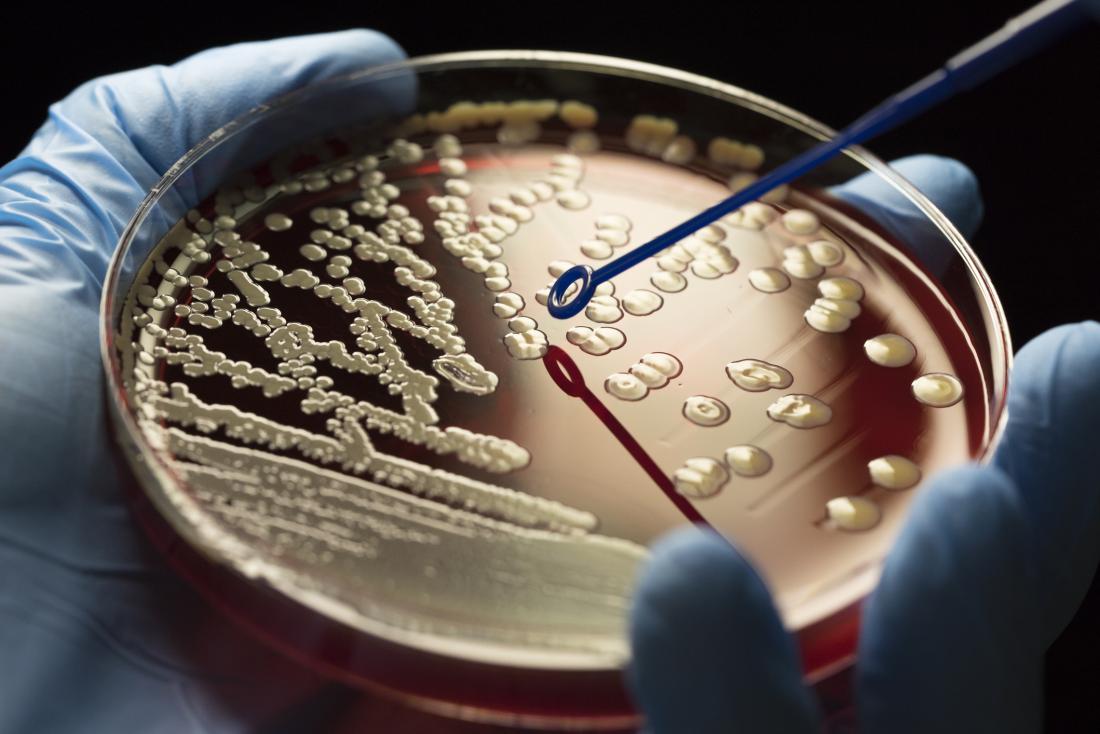Humans once thought our planet was the physical center of the solar system, so it is no surprise that we also think highly of consciousness, the apparently unique quality that allows our species to contemplate such issues.
But what actually is consciousness? The subject has been extremely controversial in philosophic and scientific circles. Thinkers have spent an immeasurable amount of time and ink attempting to shine a light on some of the world’s biggest mysteries, such as how consciousness functions and where it is.
Throughout a long chunk of history, people have said they’ve wrapped their heads around consciousness through spiritual and religious practices. Even nowadays, a bunch of believers in these stories turn to religious texts and Church Resources to dig into consciousness, and it’s not that surprising that plenty of them feel like they’re getting somewhere. But there’s still a heap of folks scratching their heads, wondering how to really grasp this mind-bending stuff inside our bodies and how to even get started.
So, here’s the short answer– it may be difficult to attain or sometimes may not be super satisfying. Scientists and philosophers are still batting around different ideas about what consciousness really is, and they’re not even close to pinning down a solid definition. One reason for that is the term gets thrown around to mean different things. Some experts, though, are kinda on the same page, saying conscious beings are just aware of what’s going on around them, inside them, and how they see things. But the long answer is actually kinda encouraging ’cause it looks like the experts are getting warmer in their quest for answers.
Something Unique?
Contemporary researchers have shown they can use a brain-scanning technique commonly referred too as functional MRI to detect consciousness by indirectly measuring blood flow in the brain, a process that may indicate which areas of the brain are more active than others. But, for many years, there was no way to collect concrete evidence of this phenomenon. That made the subject challenging for thought leaders in the field who prized rationality and consistent methodological testing.
In the Western world, the Italian astronomer Galileo Galilei tried to push anything to do with consciousness outside of the realm of scientific inquiry. A generation later, French mathematician and philosopher René Descartes brought consciousness back into the limelight, but only slightly with his argument that mind (or soul) and body are two fundamentally different things. This position is referred to as mind-body dualism.
“The vast majority [of thinkers] used to think that consciousness is very special,” experts suggest.
But that attitude has fallen out of favor, thanks in part to other experts that approached the topic with tenacity. These experts helped usher in a view that what happens in the mind is a result of material events happening in the brain. It is a perspective that has grown in popularity as time has gone on.
“The idea I hold is a physicalist view, that consciousness is not anything special in the world” a tenacious expert said. That makes it a lot easier to think of humans as not being the only ones who possess consciousness.
Peering Across the Tree of Existence
When comparing human consciousness to that of other animals, some experts find it productive to look at neuroanatomy. For instance, humans are unique in having a highly developed frontal pole cortex, a part of the brain that researchers have connected with the ability to know what is on one’s mind. That is a critical element of consciousness by just about every definition.
While non-human primates cannot boast this late-model region of the brain, many of them do have other evolutionarily recent additions to the brain, such as the dorsolateral prefrontal cortex. It is been implicated in consciousness, and humans have one too, for example, this brain region is associated with working memory in humans.
Some researchers take things one step further, holding that consciousness is a property of matter so fundamental that even an electron is conscious to a certain extent, a position referred to as panpsychism. Experts define panpsychism as “any complex system that has the basic attributes of mind and has a minimal amount of consciousness in the sense that it feels like something to be that system.”
Overall, our understanding of what consciousness is at its core is ongoing. Because consciousness encompasses so many variables in how we as humans function, significant research into the future will be required to fully understand every mechanism that contributes to our ability to be self-aware. The frontal cortex definitely plays a large role in this, but the puzzle has a lot more pieces to put into place before we have solved it.


